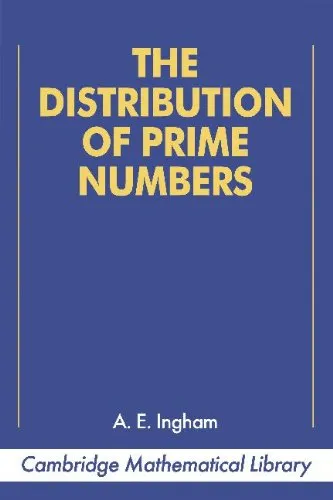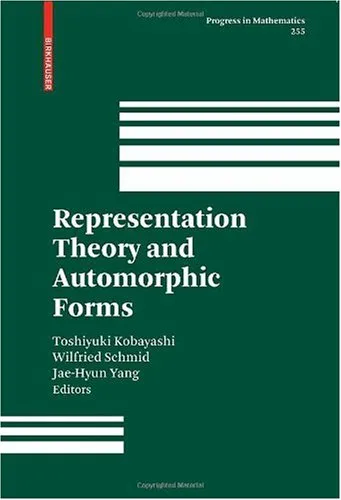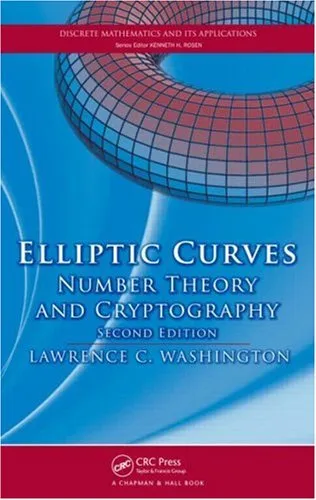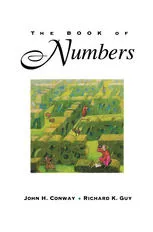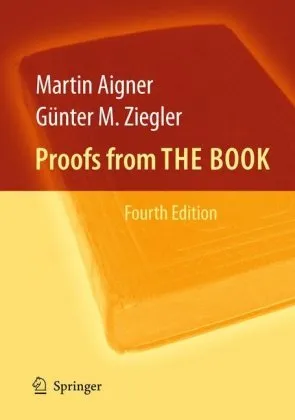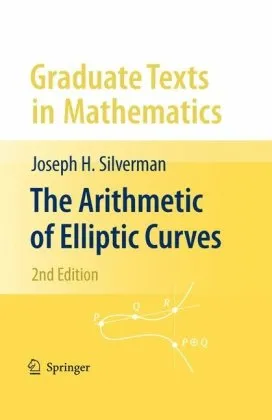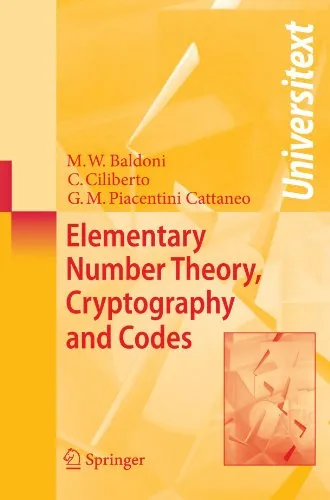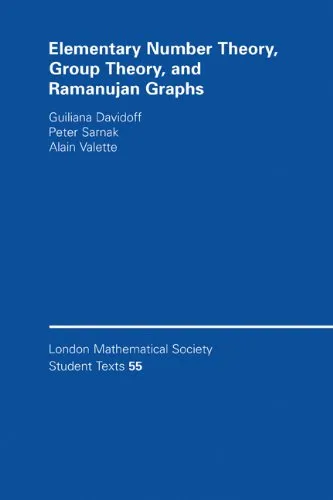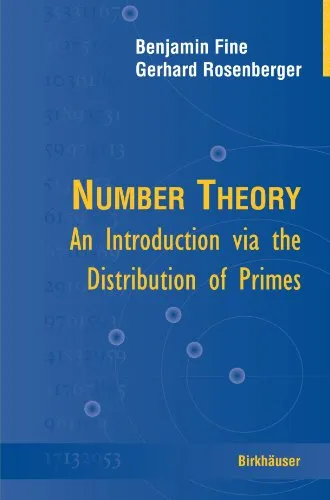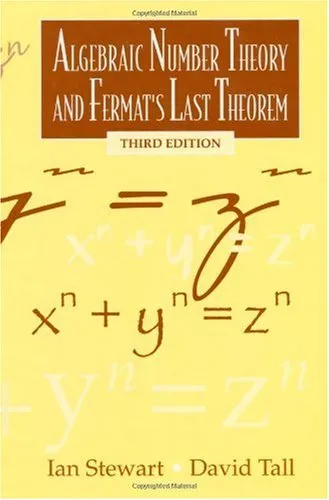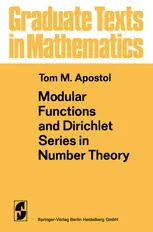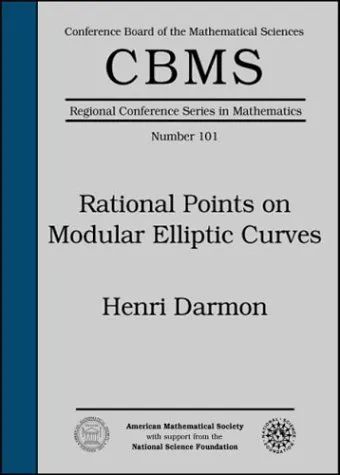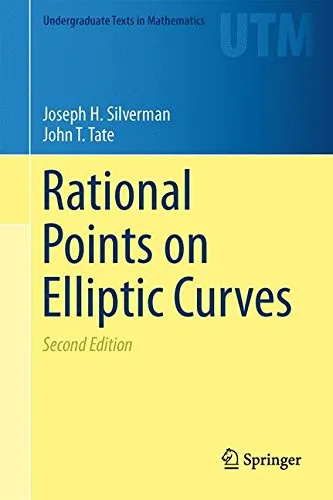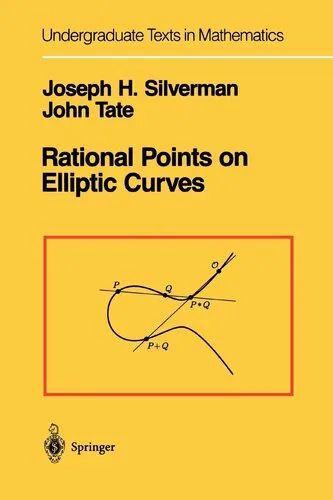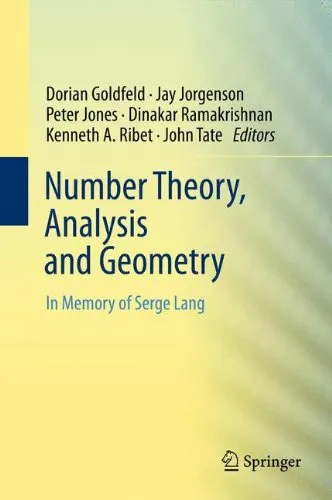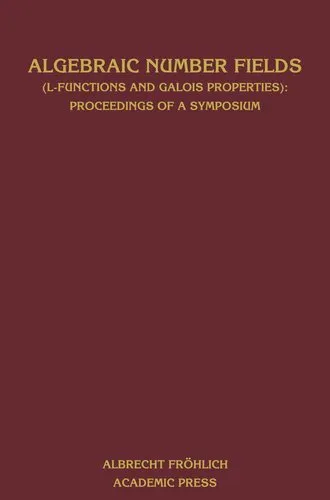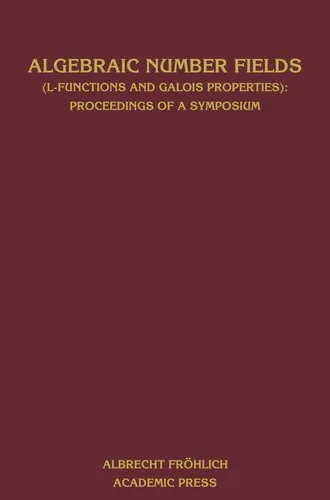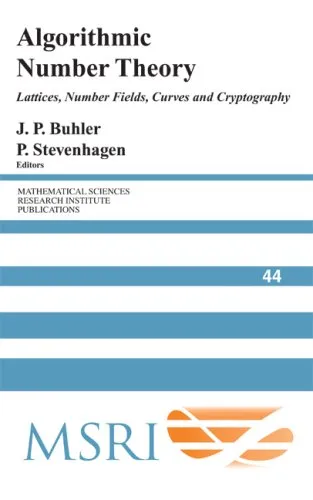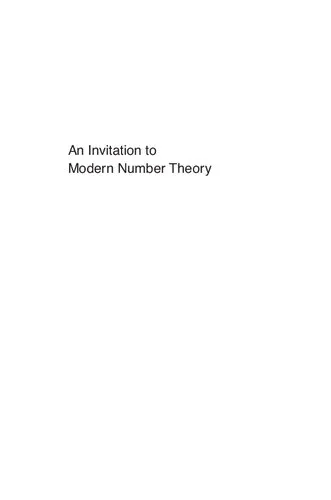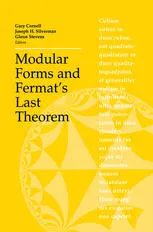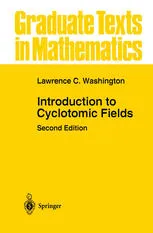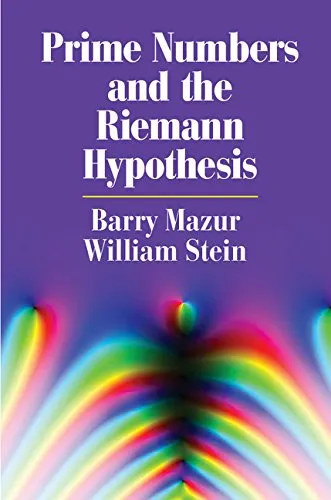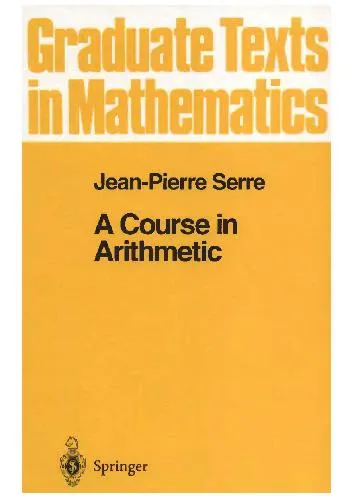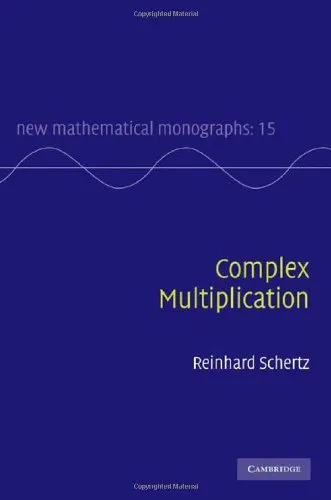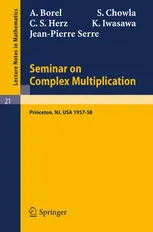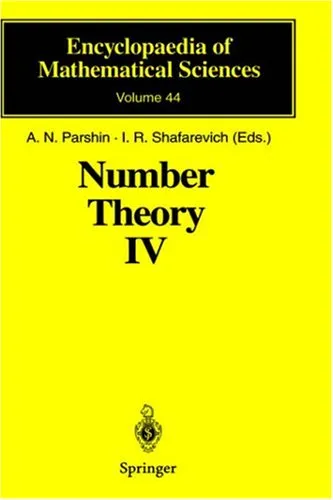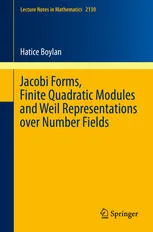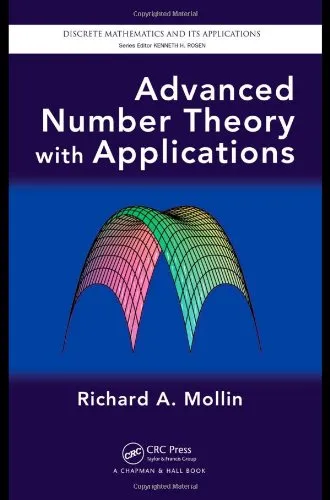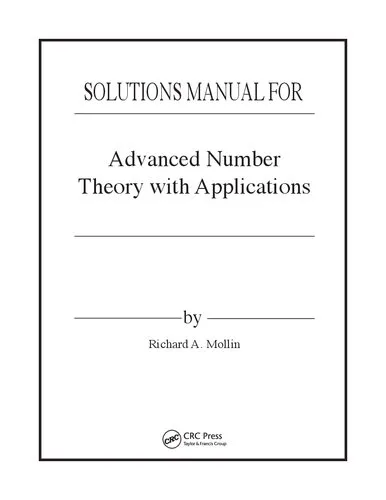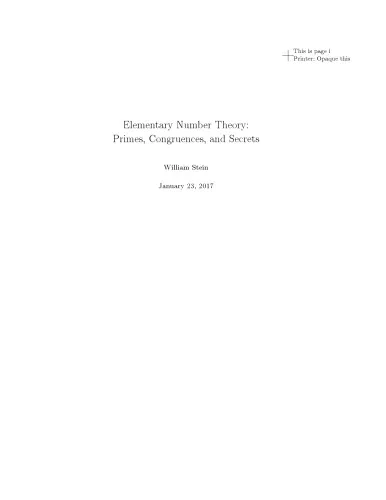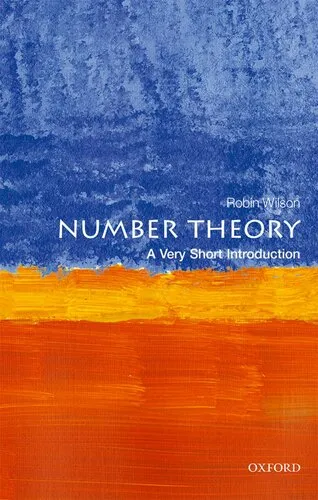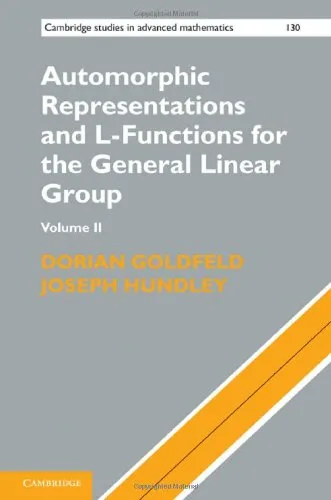The Distribution of Prime Numbers
4.8
Reviews from our users

You Can Ask your questions from this book's AI after Login
Each download or ask from book AI costs 2 points. To earn more free points, please visit the Points Guide Page and complete some valuable actions.Related Refrences:
Introduction to "The Distribution of Prime Numbers"
"The Distribution of Prime Numbers" by A. E. Ingham stands as a cornerstone in the field of analytic number theory, providing profound insights into one of the most fascinating and longstanding areas of mathematical study: the distribution patterns of prime numbers. The primary goal of the book is to address the deep mathematical questions surrounding primes, including their density within the integers and the intricate connections to the zeta function and other fundamental mathematical concepts.
Designed primarily for mathematicians, aspiring students of number theory, and professionals in related fields, this work harmonizes rigorous theoretical exposition with intuitive explanations. Its relevance extends beyond academic research, influencing computational number theory and cryptography, among other domains. What sets this book apart is its balance of mathematical depth and clarity, allowing even those with a foundational understanding of number theory to appreciate its elegance.
Detailed Summary of the Book
At the heart of this book is the distribution of prime numbers, a topic that mathematicians have sought to unravel for centuries. Ingham builds his exposition around the Prime Number Theorem (PNT), which states that the number of primes less than or equal to a given number, denoted as π(x), asymptotically approaches x / log(x). This landmark result serves as a foundation for much of the content presented.
The book delves into the historical development of methods to study primes, giving credit to the monumental contributions of mathematicians such as Riemann, Chebyshev, and Hadamard. Topics such as the properties of the Riemann zeta function, the non-trivial zeros of this function, and their connection to the error term in the PNT are explored with remarkable precision. In addition, the work includes a discussion on Dirichlet series, sieve methods, and more advanced techniques that illuminate the fundamental structure of primes.
A particular strength of the book is its attention to results beyond the PNT, such as zero-density theorems, explicit bounds for prime-counting functions, and an exploration of additive number theory. Whether you are a beginner looking to understand the basics of the prime number distribution or an experienced mathematician seeking a detailed discussion on nuanced topics, this book offers a comprehensive guide.
Key Takeaways
- The Prime Number Theorem is a fundamental result that describes the asymptotic behavior of prime distribution.
- Riemann's zeta function plays a critical role in analytic number theory and the study of prime numbers.
- Techniques such as Dirichlet series and sieve methods are indispensable tools for modern number theorists.
- The distribution of primes is deeply connected to numerous unsolved mathematical problems, including the Riemann Hypothesis.
- Advances in prime number theory have applications in cryptography, algorithm design, and computational complexity.
Famous Quotes from the Book
"It is difficult to exaggerate the central position which the Riemann zeta function occupies in prime number theory."
"The mutual relations of the primes are basic to the 'soul' of arithmetic, and it is to this soul that one makes an approach through analysis."
Why This Book Matters
"The Distribution of Prime Numbers" remains a key reference in the mathematical literature because of its groundbreaking treatment of prime distribution. By synthesizing prior results with clear expositions, A. E. Ingham equips readers with the tools and understanding needed to tackle challenging problems in number theory. The beauty of this book is its ability to demonstrate how theory and application intertwine, laying the groundwork for innovations in theoretical and applied mathematics.
Beyond its technical merits, the book is celebrated for its historical and philosophical perspective. It reflects on the progress made in prime number theory up until its writing and fosters a sense of curiosity about mysteries yet to be unraveled. With lasting relevance in mathematical research and its influence on critical applications like encryption algorithms, Ingham's masterpiece remains indispensable.
Free Direct Download
You Can Download this book after Login
Accessing books through legal platforms and public libraries not only supports the rights of authors and publishers but also contributes to the sustainability of reading culture. Before downloading, please take a moment to consider these options.
Find this book on other platforms:
WorldCat helps you find books in libraries worldwide.
See ratings, reviews, and discussions on Goodreads.
Find and buy rare or used books on AbeBooks.
1504
بازدید4.8
امتیاز0
نظر98%
رضایتReviews:
4.8
Based on 0 users review
Questions & Answers
Ask questions about this book or help others by answering
No questions yet. Be the first to ask!
